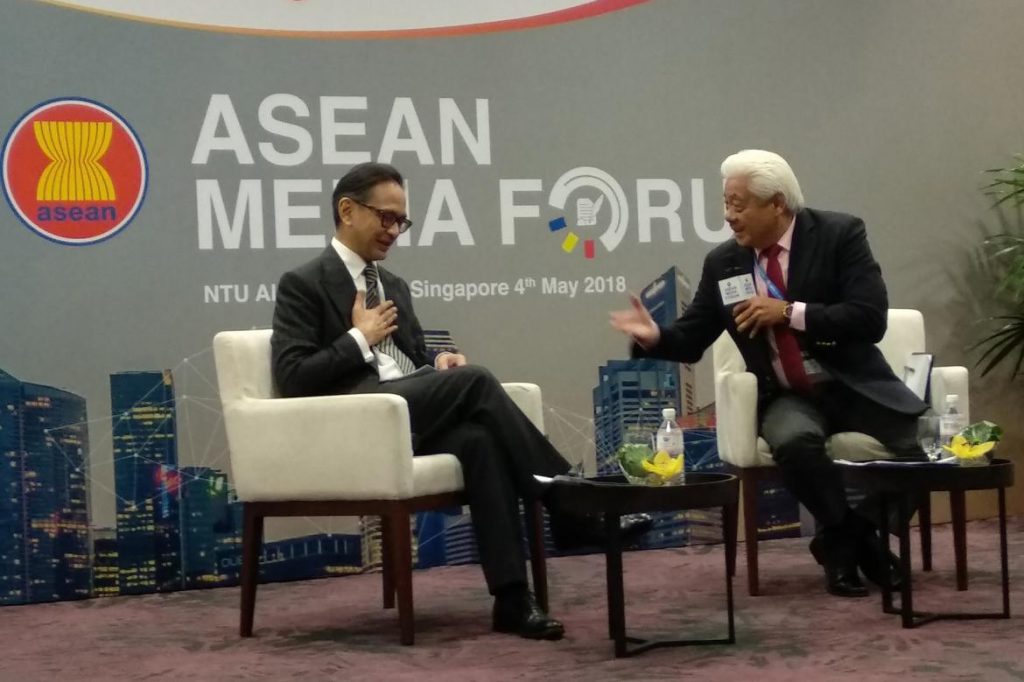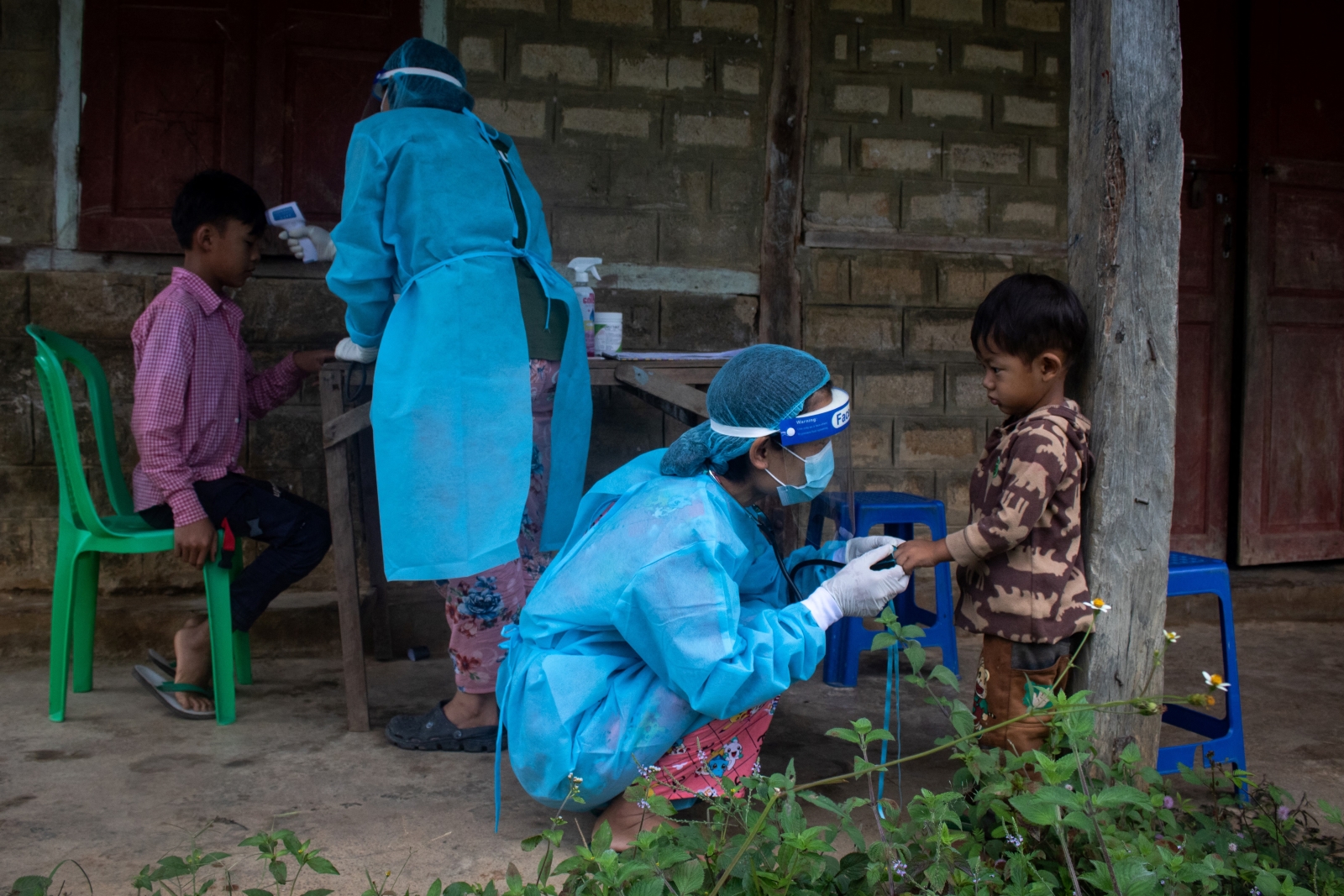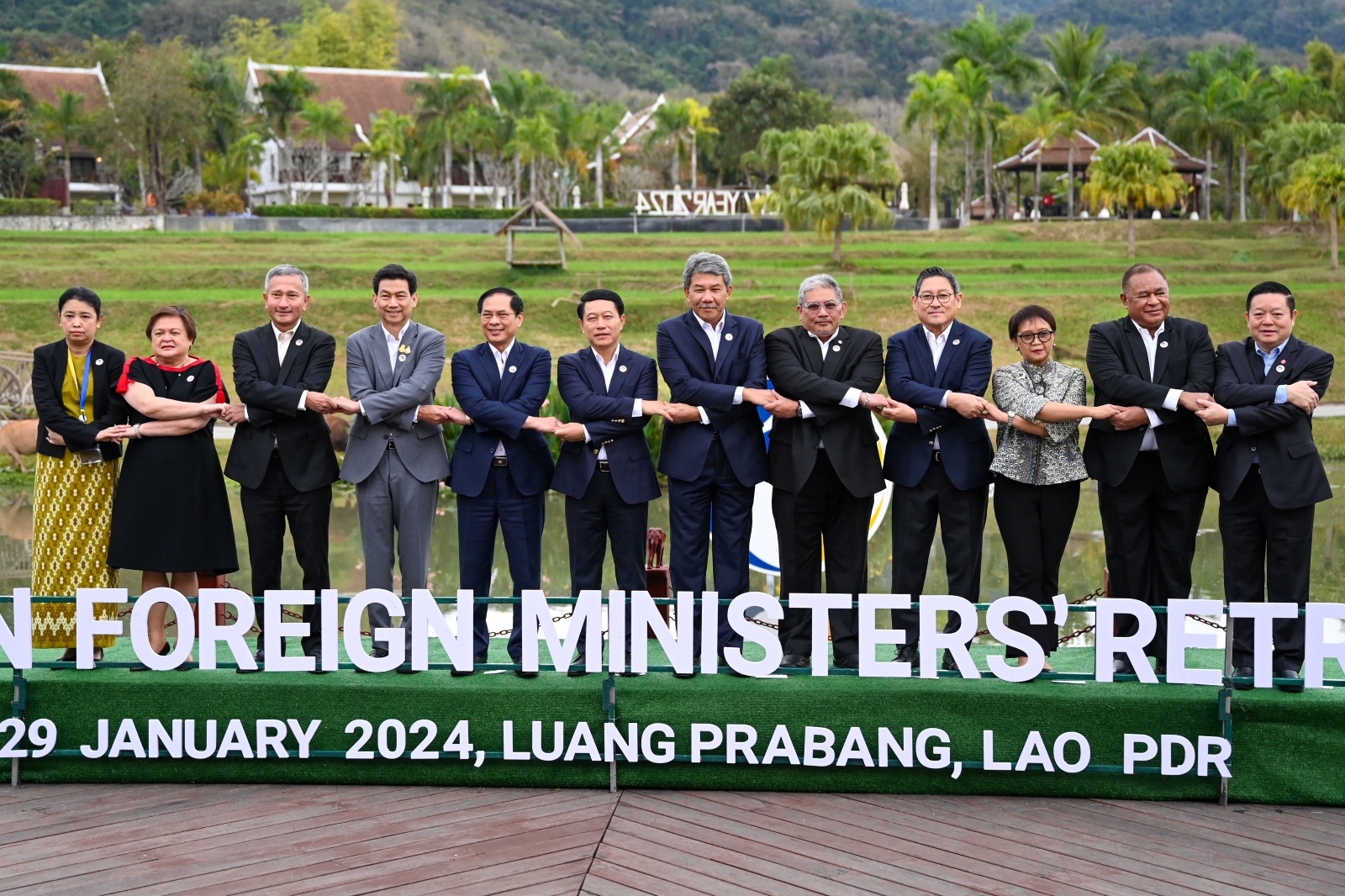By THOMAS KEAN | FRONTIER
SINGAPORE — Former Indonesian foreign minister Mr Marty Natalegawa has called on ASEAN to take a stronger stand on Rakhine State and “go beyond the humanitarian dimension” of the crisis.
More than 750,000 Muslims have fled Myanmar for Bangladesh since October 2016 following brutal Tatmadaw “clearance operations” launched in response to attacks by Arakan Rohingya Salvation Army insurgents.
Natalegawa said the 10-member bloc could play an important bridging role between the Myanmar government and international community on Rakhine State, as it did 10 years ago in the wake of Cyclone Nargis, when Myanmar initially refused to allow international aid into the country.
But ASEAN’s role in Rakhine State must go beyond just a humanitarian response, Natalegawa said, suggesting that it should also address the human rights issues that underpin the crisis.
Support more independent journalism like this. Sign up to be a Frontier member.
“I hope that ASEAN in the immediate future can develop an outlook beyond the humanitarian dimension but for that to occur Myanmar’s trust must be earned,” Natalegawa, who served as foreign minister from 2009 to 2014, told journalists at the ASEAN Media Forum in Singapore on May 4.
“What worries me now on the situation in Rakhine State, is that apart from the humanitarian dimension … ASEAN hasn’t provided a bridging situation. In fact ASEAN itself has been divided.”
In September 2017, Malaysia disassociated itself from the ASEAN Chairman’s statement on the humanitarian situation in Rakhine State, describing it as “a misrepresentation of the reality of the situation” and complaining that it had omitted the term Rohingya.
The majority of the Muslim community in Rakhine State identifies as Rohingya, but the Myanmar government refuses to accept the term, instead describing them as Bengalis or Muslims from Rakhine State.
Last month, ASEAN leaders expressed support for the government’s “efforts to bring peace, stability, the rule of law, to promote harmony and reconciliation among the various communities, as well as to ensure sustainable and equitable development in Rakhine State”.
The ASEAN Summit chairman’s statement did not mention “Rohingya” and framed the bloc’s role in the context of its humanitarian relief efforts, which are being conducted through the ASEAN Coordinating Centre for Humanitarian Assistance on disaster management.
Since then the Myanmar government has engaged with a visiting United Nations Security Council delegation, suggesting that it would prefer to work with at least some parts of the UN on Rakhine State instead of ASEAN. Following the delegation’s visit, State Counsellor Daw Aung San Suu Kyi’s office said the government was discussing a memorandum of understanding with two UN agencies to work together “for the good for all people in Rakhine”.
Natalegawa said that in the past ASEAN has been able to “speak with one voice on Myanmar” but at the same time privately push the country’s leaders to undertaken reforms and address international concerns on human rights.
When Indonesia held a seat on the United Nations Security Council in 2007 it abstained from a vote on Myanmar’s human rights record that was vetoed by Russia and China.
He said that in the wake of that vote Indonesia and other ASEAN countries took the lead on “cajoling” Myanmar to implement political reforms under its seven-step roadmap to democracy.
“Now this is where we are in need of this type of leadership within ASEAN on the Rohingya issue,” he said.
“We had the Nargis case, the democratisation process; ASEAN was always there together with Myanmar. It’s only now that we are beginning to see schism and our ability to speak with one voice is limited to only one dimension.”







